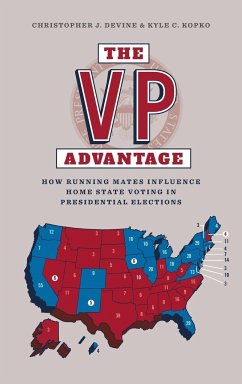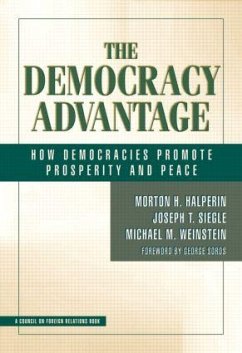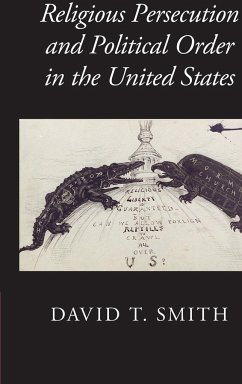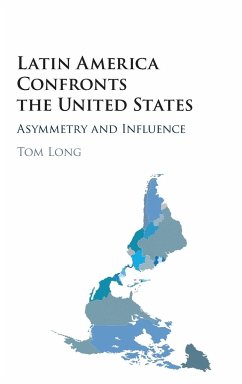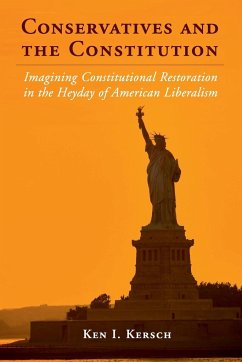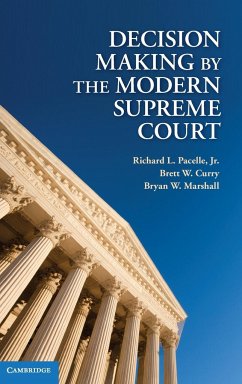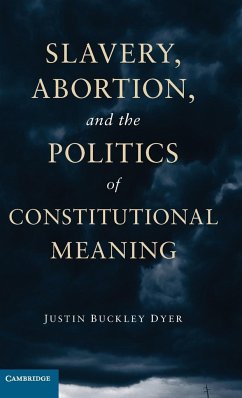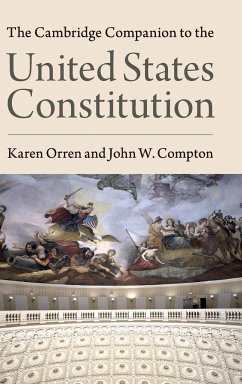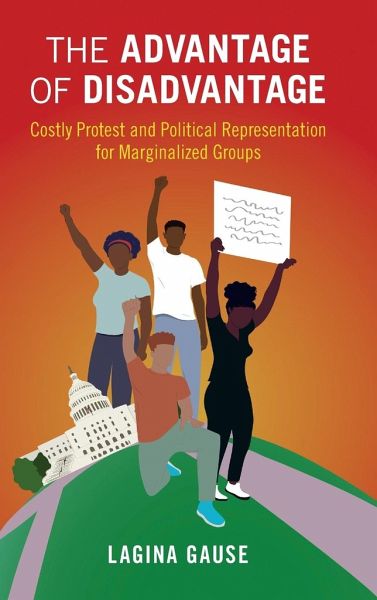
The Advantage of Disadvantage
Versandkostenfrei!
Versandfertig in 1-2 Wochen
114,99 €
inkl. MwSt.
Weitere Ausgaben:

PAYBACK Punkte
57 °P sammeln!
Does protest influence political representation? If so, which groups are most likely to benefit from collective action? The Advantage of Disadvantage makes a provocative claim: protests are most effective for disadvantaged groups. According to author LaGina Gause, legislators are more responsive to protesters than non-protesters, and after protesting, racial and ethnic minorities, people with low incomes, and other low-resource groups are more likely than white and affluent protesters to gain representation. Gause also demonstrates that online protests are less effective than in-person protest...
Does protest influence political representation? If so, which groups are most likely to benefit from collective action? The Advantage of Disadvantage makes a provocative claim: protests are most effective for disadvantaged groups. According to author LaGina Gause, legislators are more responsive to protesters than non-protesters, and after protesting, racial and ethnic minorities, people with low incomes, and other low-resource groups are more likely than white and affluent protesters to gain representation. Gause also demonstrates that online protests are less effective than in-person protests. Drawing on literature from across the social sciences as well as formal theory, a survey of policymakers, quantitative data, and vivid examples of protests throughout U.S. history, The Advantage of Disadvantage provides invaluable insights for scholars and activists seeking to understand how groups gain representation through protesting.





